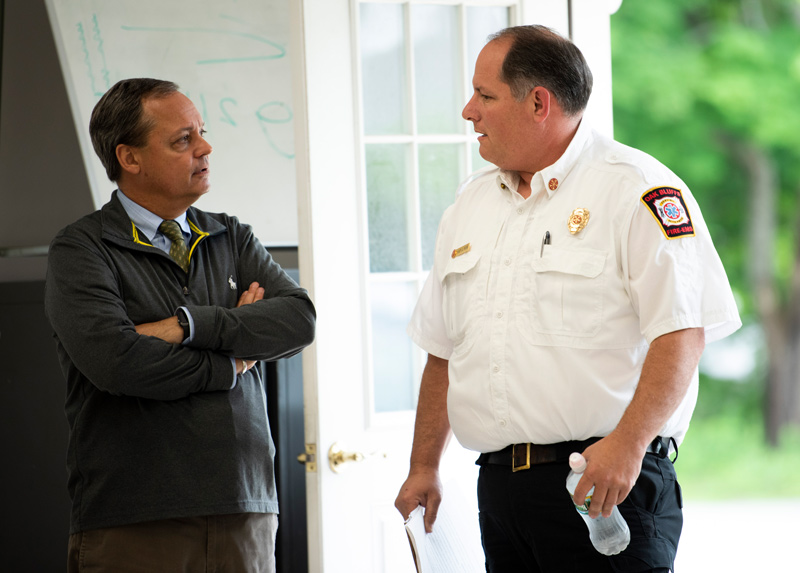Firefighters, who courageously involve themselves in perilous situations in their profession to save lives and property are often praised as heroes. However, beyond the spirited firefighting effort, what happens ‘behind the scenes’ – is the mental struggle they experience which is often manifested in the form of PSTD an acronym for post-traumatic stress disorder. A rising number of firefighting professionals become the victim of this crippling disorder, which is often marked by hyper-vigilance, intrusive recollections, and emotional numbness- says John Rose Oak Bluff. Having an insight into the prevalence, reasons, and distinct challenges related to PTSD in firefighters is important to care for these brave heroes.
Prevalence of PTSD In Firefighters
Studies reveal that the rate of PTSD in the US is estimated to range from 7% to 37%, which is no doubt alarming. By the nature of their occupation firefighters encounter dreadful incidents regularly, which may include serious injuries to loss of life and distressing property loss. In addition, the persistent stress and witnessing horrific scenarios every single day, alongside the erratic work hours and unpredictable schedules aggravates the chances of developing PTSD.
Causes of PTSD in Firefighters
There are a variety of reasons why firefighting professionals develop PTSD. Exposure to traumatic incidents and dealing with them such as rescuing people from burning buildings, seeing casualties, and being stuck in dangerous circumstances is likely to trigger the mental disorder. Another notable factor that results in PTSD among firefighters is known as ‘cumulative stress’ which is an upshot of repeated experience of trauma. Noteworthy, the tendency to suppress such emotions and the need to show calmness to handle intense situations is likely to result in emotional unresponsiveness, worsening the mental to physical health of firefighters.
Unique Challenges That Firefighters Face in Managing PTSD
Being involved in a profession that encourages the culture of endurance, self-reliance, and patience firefighters often encounter unique challenges in dealing with PTSD. Seeking counseling or treatment for mental well-being often makes them worried about being stigmatized by peers since it could be perceived as a mark of weakness and incapability.
The fear of such incompetence could have a negative impact on professional development and further prevent them from pursuing treatment for PTSD. Moreover, the erratic nature of work schedules as well as the lack of soothing mental health resources pose added blockades to effectively managing PTSD. Sleep deprivation, shift work, and consistent exposure to toxic gases of fire are likely to worsen symptoms of PTSD while making it challenging for firefighters to maintain a stable mindset.
Solutions
According to John Rose Oak Bluff treating the rising number of victims of PTSD among firefighters needs stamping the stigma out in the first place. Promoting open and free conversation about mental issues, keeping peer support network programs in place, and providing them with custom counseling services can contribute to the progression of a cordial workplace where every member feels free to seek assistance without fearing criticism or being retaliated. Having proactive preventive measures such as stress management training, routine mental health check-ups and debriefing classes followed by traumatic events is the only way to lessen the number of PTSD victims in firefighters.
Looking at the ‘Big Picture’ makes sense to save firefighters who offer dedicated services to saving millions of lives from fires and disasters every single day. So, considering the gravity of the matter, make sure to be practical and pursue solutions to promote the overall well-being of firefighters.








